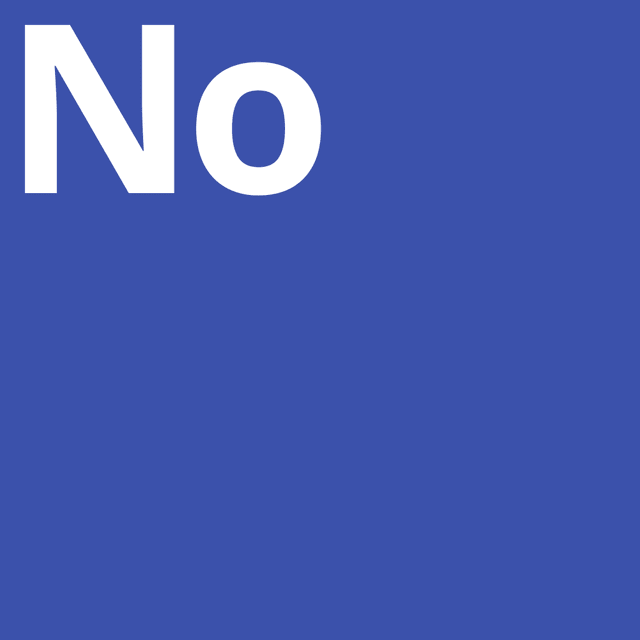

GB, Australia and Canada: Ehi! No! To us those are different words especially, we do not want Mr.

Uniword committee: Well, that word shares meaning and origin with the other word "color", for which we have already a codepoint, so we will encode them under the same codepoint. To make the problem more understandable to the people that are used to alphabetic scripts, suppose that tomorrow an Asian committee starts creating Uniword, a repertoire that maps complete words to numerical IDs. It is clean that Unicode needs to realize that the Han unification is wrong and accepts what the native writers of those languages think about their scripts. Please understand that Han unification is _the_ problem. As will readily appear even to readers who don't know Chinese characters (if you have a good Unicode implementation enabled as you read Hacker News), many more words than "Mandarin" and "Cantonese" differ between those sentences in Chinese characters. In the Chinese characters used to write Cantonese. In Modern Standard Chinese characters contrasts with how you would write (I have seen this regional illiteracy on the part of native speakers of Chinese in several contexts.) I particularly like that I can illustrate that the various Sinitic languages ("Chinese dialects") do NOT all use the same written characters, so that Chinese people who travel to different dialect regions sometimes find written signs that they cannot read, even if they are literate in Modern Standard Chinese. I like the implementation of CJK fonts in Noto, which was just released this week.


 0 kommentar(er)
0 kommentar(er)
